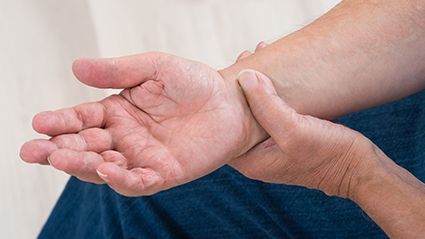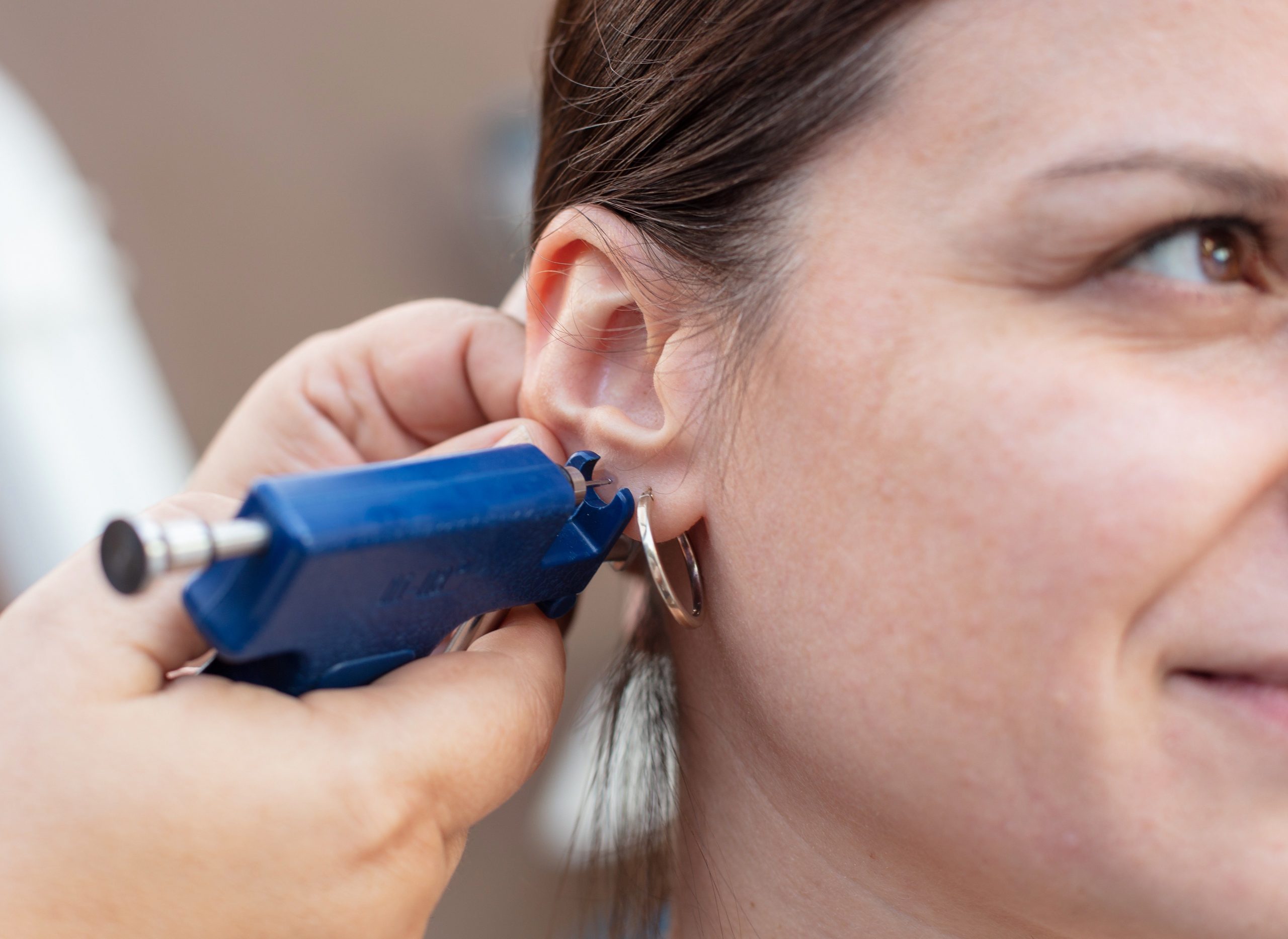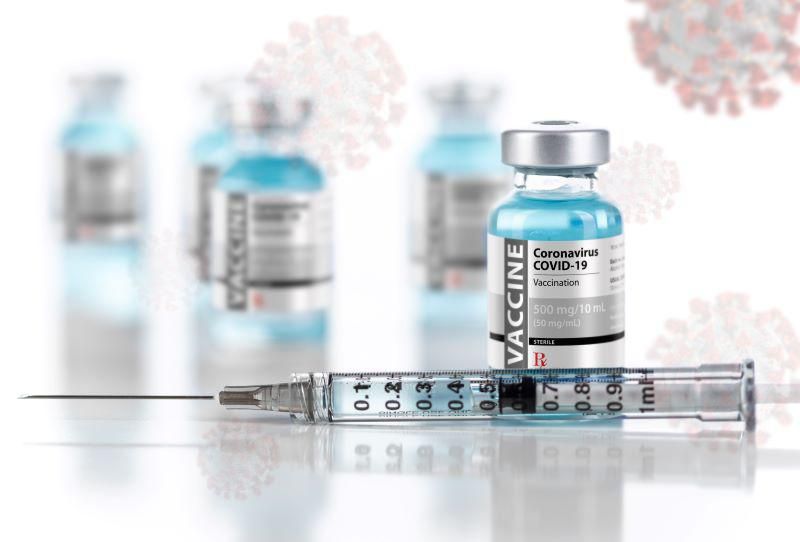
One day, it may be possible to monitor people for risk of disease through continuously measuring skin temperature. Researchers have found in a new study that wrist temperature is associated with future risk of disease. “These findings indicate the potential to marry emerging technology with health monitoring in a powerful new way,” said senior author… read on > read on >


















